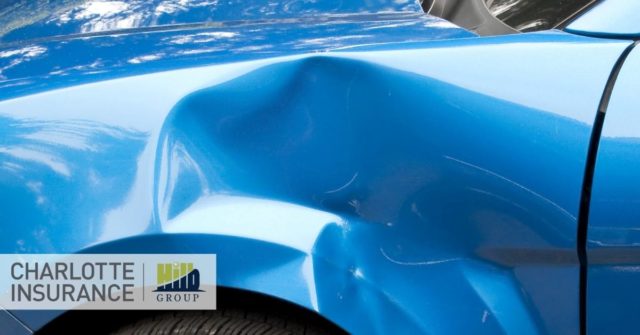Your friend was behind the wheel of your vehicle, and now there’s been a fender-bender. Who’s insurance pays the claim? How will all of this be handled?
The answers to any of the questions you have are that it depends on a few factors.
Here’s what you need to know if your friend gets into an accident while driving your car.
What Kind of Auto Insurance Do You Have?
Much of the time, auto insurance follows the car, not the driver. So while your insurance will most likely pick up the claim, that’s not true in all cases. Some policies only offer limited coverage, and some won’t cover anyone not listed on the policy. Before you loan your vehicle to someone, make sure you understand your own coverage.
After that, what claims will be paid (or not) depend on the nature of the accident. If the other driver was at fault, their auto insurance should pay the claim. But if your friend was at fault, what gets paid depends on the type of coverage you have.
- Liability: This pays for the medical expenses, and/or property damage of the other driver. It won’t cover your car or your friend.
- Collision: This should pay for your vehicle’s damage after the deductible. If the damages are worth $800 but your deductible is $1000, you’re still on the hook to pay for the repairs, though.
- Medical Payments: If you have this coverage (and too many people don’t), the medical expenses for your friend and any other passengers should be covered.
Did Your Friend Have Permission to Drive Your Vehicle?
How your auto insurance handles the aftermath of an accident will also depend on how your friend came to be the one driving.
Driving with permission: Depending on your policy, your insurance may cover both anyone listed on the policy and anyone you give permission to drive your vehicle. Again, not all policies offer the full benefit of your insurance coverage, so check first.
Driving without permission: If your friend “borrowed” your vehicle without your consent, your friend will need to file the claim with their insurer — assuming they have insurance. And if they don’t, you’ll need to file with your own insurance provider. It’s possible that your insurer may require you to file a police report, as well.
What About Your Friend’s Auto Insurance?
Because many insurance policies follow the car, not the driver, it’s possible for your friend’s insurance to be left out of the mix, at least temporarily. But that’s not always the case.
Your auto insurance may be considered the primary coverage, but if the accident exceeds your policy limits, your friend’s insurance may be used to pay the rest. Also, if your insurance doesn’t cover friends who drive your vehicle, their insurance will definitely need to be used.
It’s also entirely possible that your insurance company will pay the claim and then seek reimbursement from your friend’s insurer. While you may not be involved in that process at all, it’s a good idea to only loan your vehicle to drivers with their own auto insurance policy.
Want to know exactly which drivers are covered under your existing policy? Looking for better and more affordable auto insurance coverage? Contact Charlotte Insurance today. We’re here to help.

